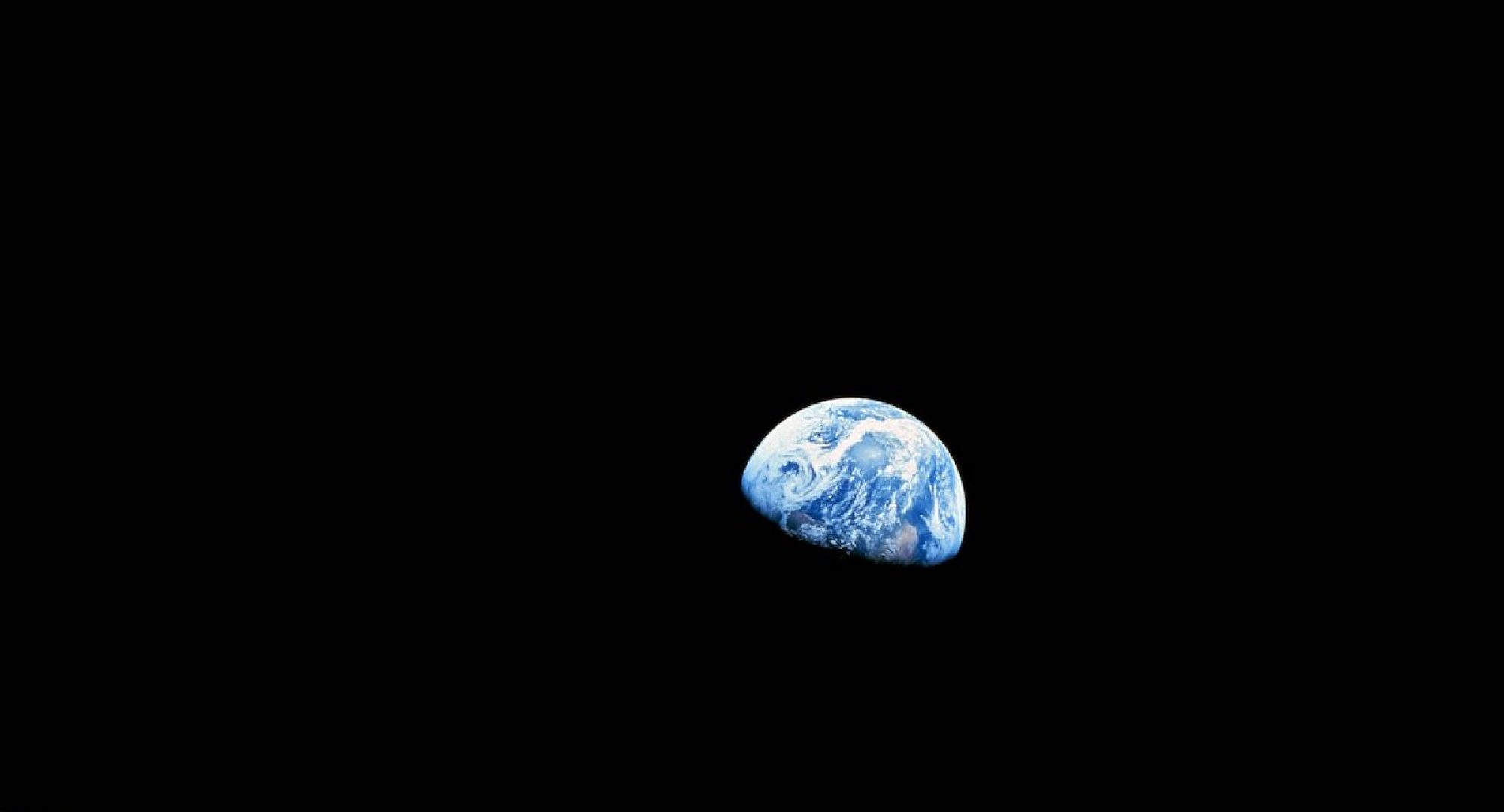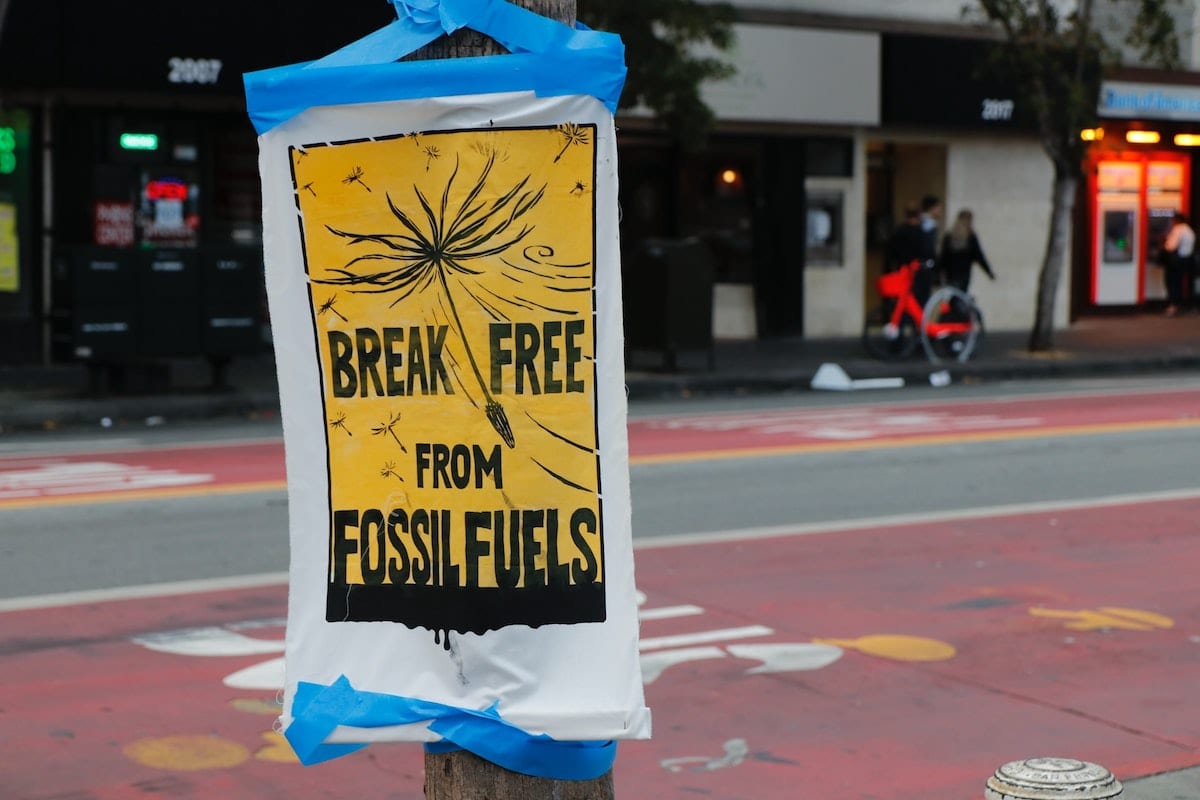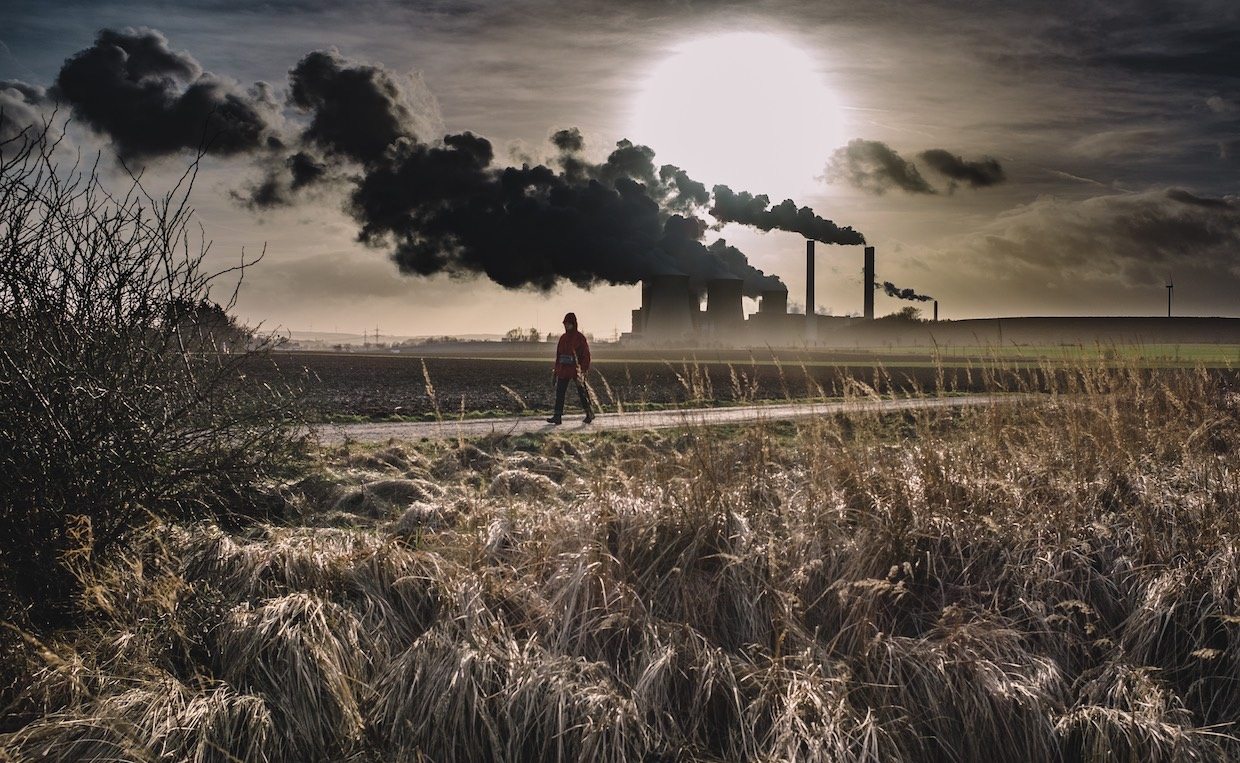What kind of world do we want? Do we want one where we are more likely to see wildfires and tropical storms? That’s the question we all need to ask ourselves. The sane answer is that we want a world where greenhouse gas emissions stay below the 2 degree Celsius increase that climate scientists say is necessary to avoid the worst climate change impacts.
In mid-October, the Climate Action Network launched the #WorldWeWant Campaign on Climate Impacts. The campaign highlights the consequences of climate inaction, calls on governments to deliver radical climate commitments, and highlights the voices of affected communities. Part of the campaign includes short films from communities around the world. The campaign posts the films with the #WorldWeWant hashtag. There are over 20 stories sourced through the campaign’s national, regional, and international members in the United Kingdom, Germany, France, the United States, Uganda, Costa Rica, Morocco, Tunisia, Mozambique, Niger, Sudan, Tunisia, Russia, Tajikistan, the Philippines, and Cambodia.
The year of climate action
2020 is the year when all countries are expected to submit their national climate action plans to reduce emissions to put the world on a 1.5 degrees Celsius pathway. Only 13 countries submitted updated national climate plans to date, which represents only 3.6 percent of global emissions. December 12 marks the fifth anniversary of the Paris Agreement.
The campaign calls on governments to submit updated national climate plans by the end of this year. It also calls on global financing institutions and developed countries to shift their financial investments from fossil fuels and support developing countries in investing in plans and policies that protect people from climate change impacts. The campaign also calls on governments to listen to the science and better prepare for extreme weather events, and to create a just and sustainable recovery that puts health and safety first while investing in resilience building and nature, and to abandon a fossil fuel growth model.
What you can do
With a new administration taking office in January, we must make our voices heard about climate change. There are several easy ways to do so. One of those is through getting involved with the World We Want campaign. There are three ways you can get involved. You can become an influencer and help spread the word through social media, join the Policy Strategy Group and be a part of the team, or engage with the UN.
You can also send an email message to the World Bank through the Big Shift campaign. The campaign calls on the World Bank to end direct and indirect financing for all fossil fuels, rapidly scale up investment in energy access. The campaign also calls on the World Bank to help lead a just transition by aligning all its lending and operations with a 1.5 C pathway, work with its peers to announce a joint multilateral development banks framework on alignment with 1.5 C by the end of 2020, and work on developing a high ambition coalition at the Finance in Common summit for ending fossil fuel financing from all public finance institutions.
Photo by Eelco Böhtlingk on Unsplash



